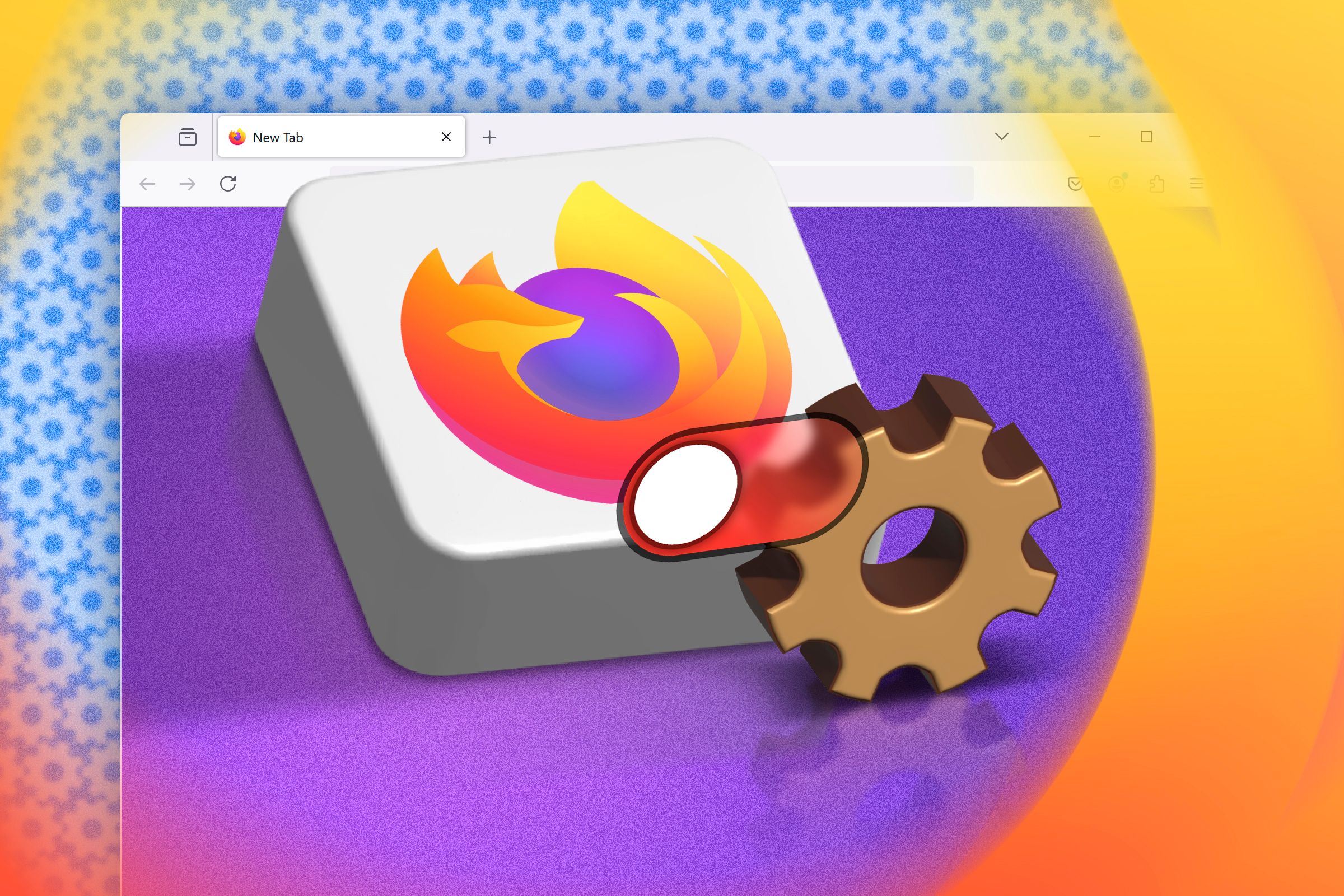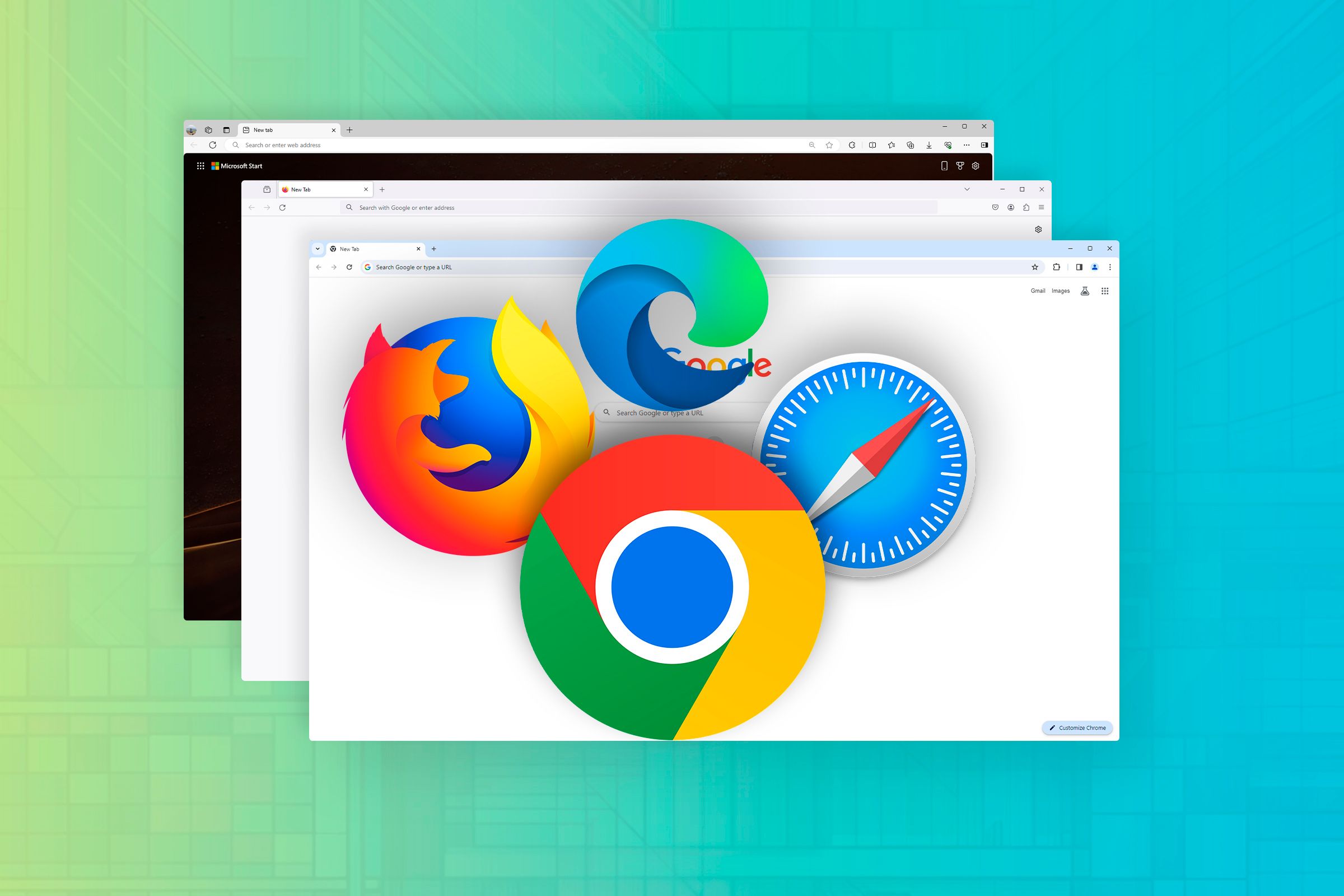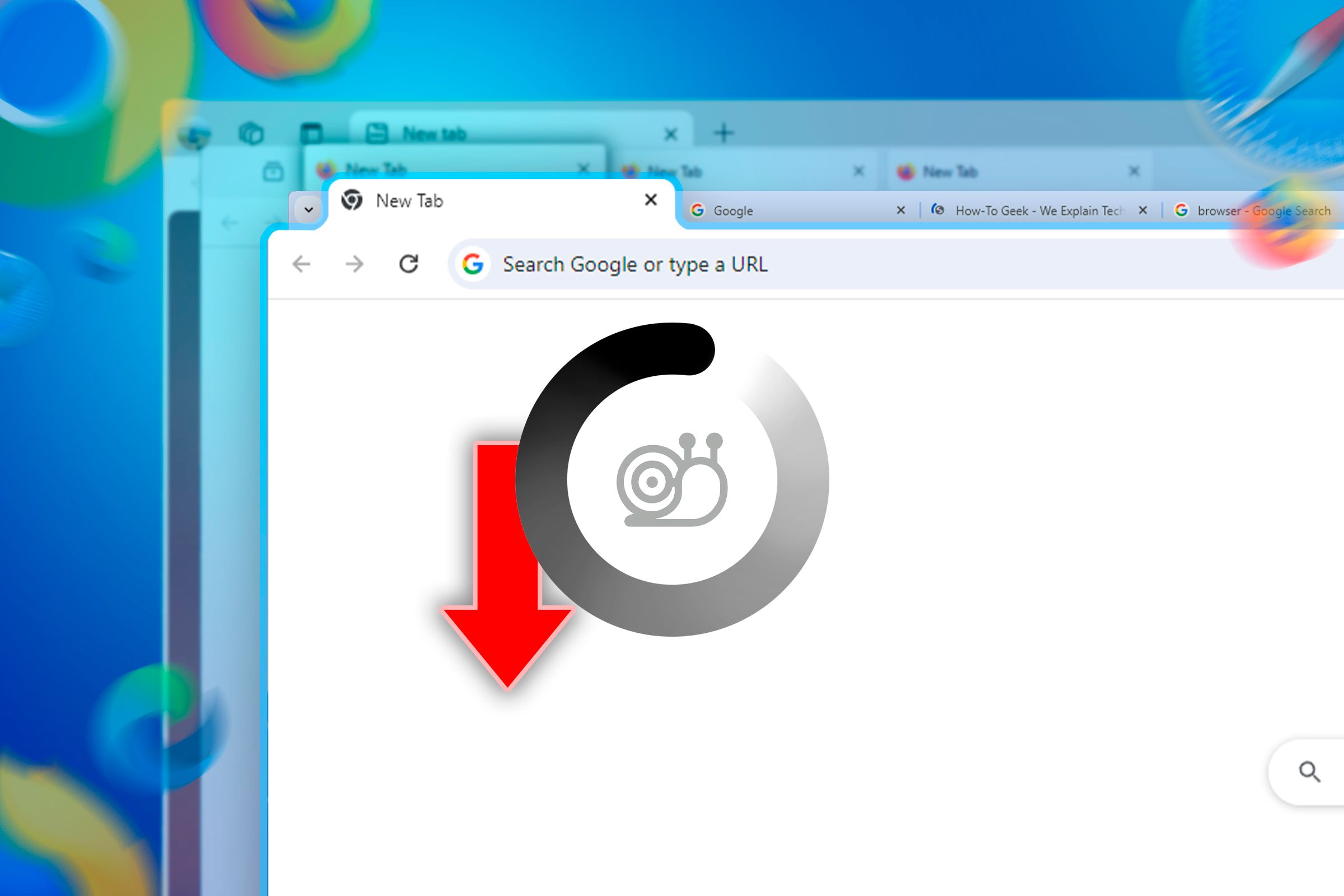Summary
- Browser choice is now dominated by Chrome & Chromium.
- Firefox is open-source, doesn’t track as heavily as other browsers.
- Firefox offers more customization options and more powerful extensions.
When Google Chrome was released, it was with much fanfare and excitement. I was an early user, and while things were great for a while, it didn’t take long until I was back to Firefox. And I’ve stuck with it.
Browser Choice Used To Mean Something
Chrome was exciting because it was resource-efficient and, for developers, predictable: for years, we’d been struggling with browser compatibility, as every browser did things a bit differently, whether your website displayed correctly for all your users was based as much on hope as it was as programming prowess. Chrome promised to end this with a standards-compliant browser on a modern rendering engine, backed by one of the biggest internet companies in the world.
This sounded great, but there was a caveat: now, almost everything is Chrome, or effectively Chrome under the hood. Chrome accounts for almost 70% of all web browsers, while the majority of the rest are all based on Chromium, the same rendering engine used by Chrome, and effectively controlled by Google. When Google wants to make a change, the rest pretty much has to follow. Not so for the mighty 2% of users that use Firefox, however.
It Doesn’t Try To Sell Me
Browser choice these days is as much about who you’re handing your usage data to than any specific feature set. While some browsers have built-in ad-blocking and VPNs, in the end they’re still for-profit. I don’t always know how, but I’m pretty sure I’m being tracked for marketing purposes.
Firefox is 100% open-source and auditable. So long as you don’t connect it to online services, it isn’t tracking you.
This isn’t to say you can’t be tracked while using Firefox. Websites will still do whatever they can to get as much info as they can about you so they can show you ads for the latest must-have widget—but at least it’s one less party peeping on my internet usage.
Customizability and Personalization
Firefox is highly customizable, and lets you really get under the hood to tweak things.
The about:config configuration editor lets you change the appearance of behavior of Firefox, from how the search and address bar behaves, to performance tweaks.
Firefox also has a huge ecosystem of add-ons and themes to tailor it to how you want to use it.
It Doesn’t Pull the Rug Out of Extension Developers
One of the biggest complaints levied against Chrome and its cousins (Edge, Safari, Opera, et al.) is how extensions have been handled. Manifest 3 is the new format for Chrome-compatible extensions, and its roll-out has locked developers out of a lot of functionality they previously had access to, killing their existing extensions and preventing what new ones can do.
While it is necessary for developers to occasionally wipe the slate clean and provide a new standard for developing integrations (Firefox has done it in the past), the potential motivations for the changes to Manifest 3 raised a few eyebrows. If you’re reliant on one of these extensions for online privacy or security, having them taken away is a bit insulting.
NoScript Works!
On the topic of extensions, NoScript 100% works in Firefox, so I can block everything on the page. It’s terrible for usability, but great for security and battery life, as pages can’t run any JavaScript without my go-ahead.
It Has an Open Source Ethos
Lucas Gouveia/How-To Geek
Firefox is open-source, and while there are commercial elements, they’re all optional and Firefox has managed to (mostly) remain free of interference. Supporting this is important for the future of the internet, as any single entity being in control of the very tool you use to access it (your web browser), isn’t a good thing.
Also, a shout-out to the MDN Web Docs, a totally invaluable resource for web developers who want to build standards-compliant apps and websites.
It (Can Be) More Lightweight
As almost every other web browser is using the Chromium renderer, one of the main ways they differentiate themselves is with added functionality: built-in mail, social media, shopping, VPNs, etc., etc. all add to the bloat and eat up your computer’s resources. Chrome, too, has received complaints about degraded performance, though it still focuses on being a web browser, so much of this may be down to how it’s used.
Firefox is just a browser, and it stays pretty svelte. It feels like a portal to the internet, not an over-encumbered, gaudy picture frame crowded with ornate buttons for features I’ll never use, and that are probably inferior to their standalone counterparts. A browser should just be a browser, a consistent experience that I don’t have to ‘learn’ to use whenever the latest fad feature is added.
Use the Browser That Works for You, but Keep It Secure
Whichever web browser you use, you should check out privacy and security tools that will enhance your security posture, update your browser settings for better privacy protection and follow best practices to make sure you’re protected against online threats, whichever app you use to get online.





